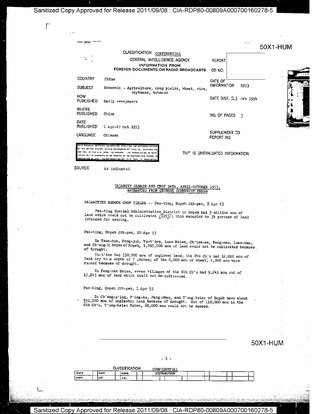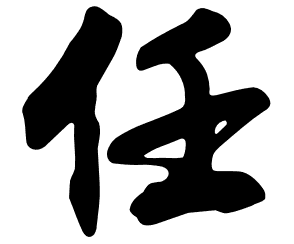| |||||
| Decades: | |||||
|---|---|---|---|---|---|
| See also: | Other events of 1921 History of China • Timeline • Years | ||||
Events from the year 1921 in China .
| |||||
| Decades: | |||||
|---|---|---|---|---|---|
| See also: | Other events of 1921 History of China • Timeline • Years | ||||
Events from the year 1921 in China .
Events in the year 1949 in China.

Events in the year 1953 in China.
Events in the year 2005 in China.
Events in the year 2003 in China.
Events in the year 1960 in the People's Republic of China.
Events in the year 1999 in China.
Events in the year 1946 in the Republic of China. This year is numbered Minguo 35 according to the official Republic of China calendar.
Events in the year 1941 in China.
The following lists events from 1994 in China.
The following lists events from 1996 in China.
Events in the year 1955 in China. The country had an estimated population of 605 million people.

Rén is the Mandarin pinyin romanisation of the Chinese surname written 任 in Chinese script. It is romanised as Jen in Wade–Giles, and Yam or Yum in Cantonese. It is listed 58th in the Song dynasty classic text Hundred Family Surnames. As of 2008, it is the 59th most common surname in China, shared by 4.2 million people. In 2019 it was the 49th most common surname in Mainland China.
Xia is the Mandarin pinyin romanization of the Chinese surname written 夏 in Chinese character. It is romanized Hsia in Wade–Giles, and Ha in Cantonese. Xia is the 154th surname in the Song dynasty classic text Hundred Family Surnames. As of 2008, it is the 66th most common Chinese surname, shared by 3.7 million people.
The following lists events in the year 1998 in China.
The following lists events in the year 1991 in China.

Xu is a Chinese surname. In the Wade-Giles system of romanization, it is romanized as Hsu, which is commonly used in Taiwan.
Events from the year 1983 in China.

Xu Qian or George Hsu was a Chinese politician and jurist. He made important contribution to the judicial system of modern China.
The following lists events in the year 1990 in China.